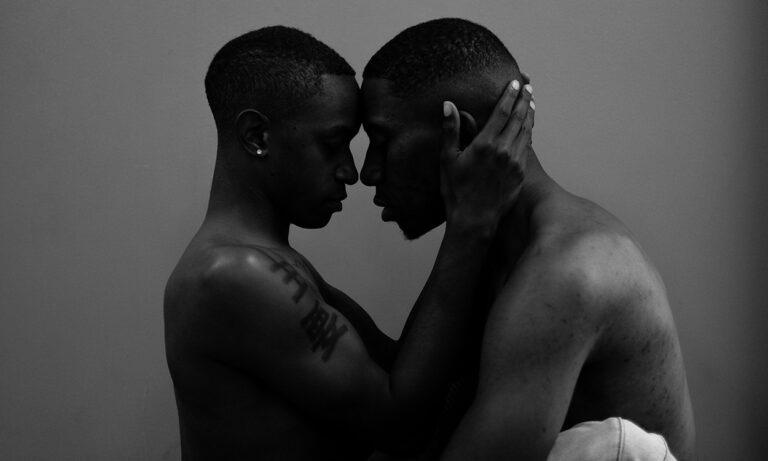New AI gaydar can detect someone’s sexuality with 81 per cent accuracy
We’re currently living in an age that considers robot police dogs and AI-generated girlfriends completely normal. But just when you thought we couldn’t be surprised anymore, a new entry has surfaced in the tech innovation parade: an AI that claims to know your sexual orientation better than you do.
A group of Swiss researchers have officially donned their virtual lab coats and announced with an air of scientific grandeur that they have constructed an AI model capable of deducing whether you’re gay or straight. Yes, you read that right. The research from June 2023 says that electrical brain activity holds the keys to determining someone’s sexual orientation, as their deep learning AI can differentiate between homosexual and heterosexual men with a whopping 83 per cent accuracy rate. Move over human intuition, AI has shown up once again to try and replace our human habits.
This isn’t the first time AI has tried its hand at the unnecessary business of ‘detecting’ sexuality. In 2017, researchers at Stanford University, Michal Kosinski and Yilun Wang, thought they could size up an individual’s sexual orientation based on simply a profile picture.
The AI emerged victorious, showing off an impressive accuracy rate of 81 per cent for men and 74 per cent for women, while the human gaydar lagged behind at a measly 61 per cent for men and 54 per cent for women.
Stereotypes linked to gay men and lesbians frequently manifest under the guise of the ‘gaydar’, a term that’s been used throughout the heterosexual and cisgender-dominated pop culture landscape—and is also seriously misleading and often offensive to members of the LGBTQIA+ community.
Thankfully, not all tech gurus are on board with the new development. Alongside LGBTQIA+ advocates, they have expressed their disapproval of the AI-driven spectacle. Abeba Birhane, a senior fellow in trustworthy AI at non-profit Mozilla, the company behind the web browser Firefox, has outrightly declared that the idea of brains correlating with sexuality is unscientific and absurd.
there is no such thing as brain correlates of homosexuality. this is unscientific with a disastrous implication in countries where homosexuality is illegal.
— Abeba Birhane (@Abebab) July 8, 2023
just let people be or let people identify their own sexuality https://t.co/X1NRuo4EIv
And let’s not forget the study’s selective exclusion of other sexualities on the queer spectrum. Apparently, for this AI to hit its detection rate of 83 per cent, it needs to keep the playing field unadulterated by the likes of bisexual and pan individuals.
While the researchers behind the problematic application of AI acknowledge the criticism, they remain resolute in their quest for understanding the neurological foundations of sexual orientations. However, the Human Rights Campaign (HRC) and GLAAD, two prominent LGBTQIA+ organisations in the US, vehemently criticised the research as “dangerous and flawed. Junk science.”
Critics argue that sexual orientation identification technology could easily morph into a dystopian tool for violating privacy or targeting marginalised LGBTQIA+ communities in regions where their very existence is already criminalised.
The Swiss researchers may tout their work as a step towards dismantling things like conversion therapy, but broader implications remain murky at best. In a world where AI is making strides, we’re reminded that for all its prowess, it still falls short in comprehending and protecting the complex web of human identities.
So, let’s maintain a healthy dose of scepticism, as well as prioritise the safety of these so often marginalised communities, before leaping to artificial intelligence to place labels on people, who more often than not, want to do the labelling themselves.






